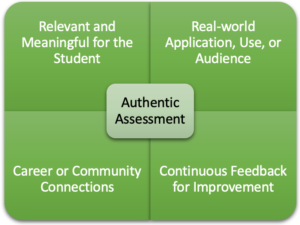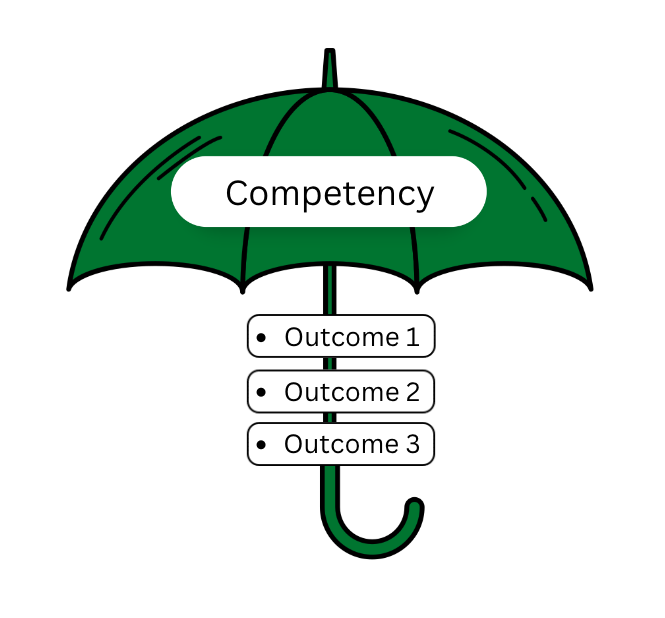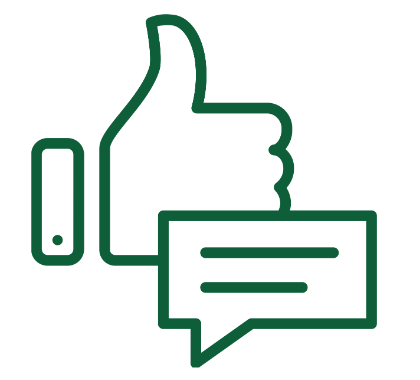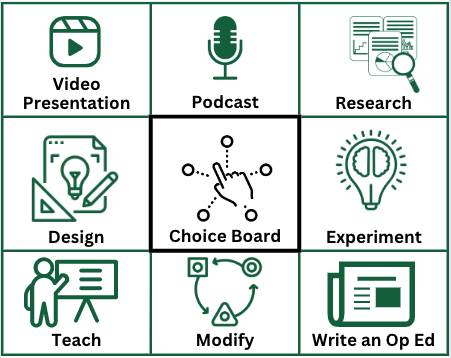Defining Authentic Assessment

Summary: Authentic assessment emphasizes real-world application of skills and knowledge. Learn how it enhances student engagement and aligns with meaningful learning outcomes.
Date of publishing: January 13, 2023
The term “authentic assessment” is often misleading as it is not just about assessing a student submission ‘authentically’; rather, it focuses on the context and relevance of learning beyond academia. The following definition considers the interconnectedness of learning tasks, activities, and feedback in designing authentic assessments.
Authentic assessments are evaluations of student learning that use real-world tasks or performance-based assessments in authentic contexts. Authentic assessments rely on continuous feedback for improvement in their design. The goal of authentic assessment is to assess student learning in a way that is meaningful and relevant to the student and is often connected to the student’s future academic or career goals. Examples of authentic assessment include portfolios, performance tasks, and problem-based learning activities.
For clarity, the table below juxtaposes an example and non-example of authentic assessment.
| Example | Non-example |
| Task: Designing a park that meets the needs of a specific neighbourhood. |
Task: Summarizing aspects of how to design a park. |
| Learning Activity: Gather information from a neighbourhood community council to determine their park design needs. |
Learning Activity: Take notes during a lecture. |
| Formative Assessment: Feedback on initial drafts. |
Formative Assessment: Often absent. |
| Summative assessment: Final park design presented to neighbourhood community council. |
Summative Assessment: Multiple choice quiz. |
For more details on authentic assessment in the classroom, please refer to previous Educatus posts:
· Using Authentic Assessment to Integrate Current Events Into Courses
· Assessment Design and Academic Misconduct
· How Canvas Supports Learner-Centred Assessment
· The Academic Dishonesty Redirect: Be Explicit, Know your Policies, Assess Authentically
· Introduction to Teaching Online
· Single Sign-On Brings New Opportunities For Student Projects
· WOW!! Polar Bears, Tundra, Teams AND Learning…
· WOW!! Polar Bears, Tundra, Teams AND Learning…
Additional Resources:
Sokhanvar, Z., Salehi, K., & Sokhanvar, F. (2021). Advantages of authentic assessment for improving the learning experience and employability skills of higher education students: A systematic literature review. Studies In Educational Evaluation, 70, 101030. https://doi.org/10.1016/j.stueduc.2021.101030
This resource is by Racquel Biem at the Gwenna Moss Centre for Teaching and Learning (GMCTL), University of Saskatchewan, under a CC BY-NC-SA license
Keywords:
#Assessment
#Authentic Tasks
#Evaluation & Grading
#Experiential Learning



